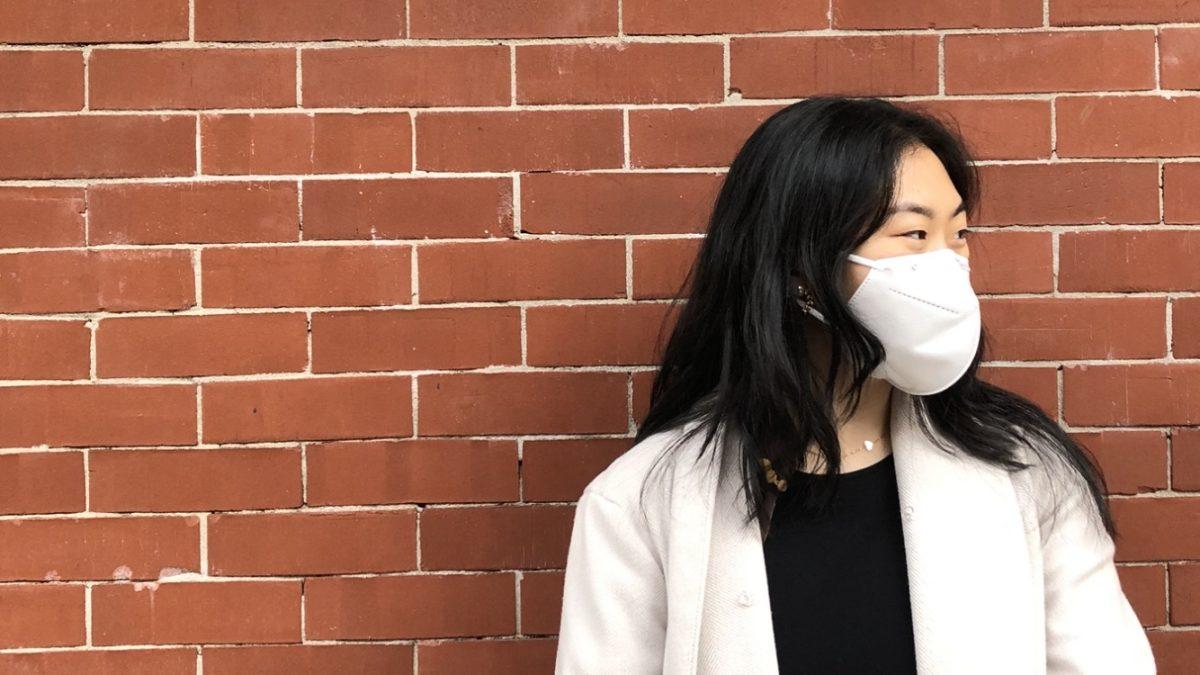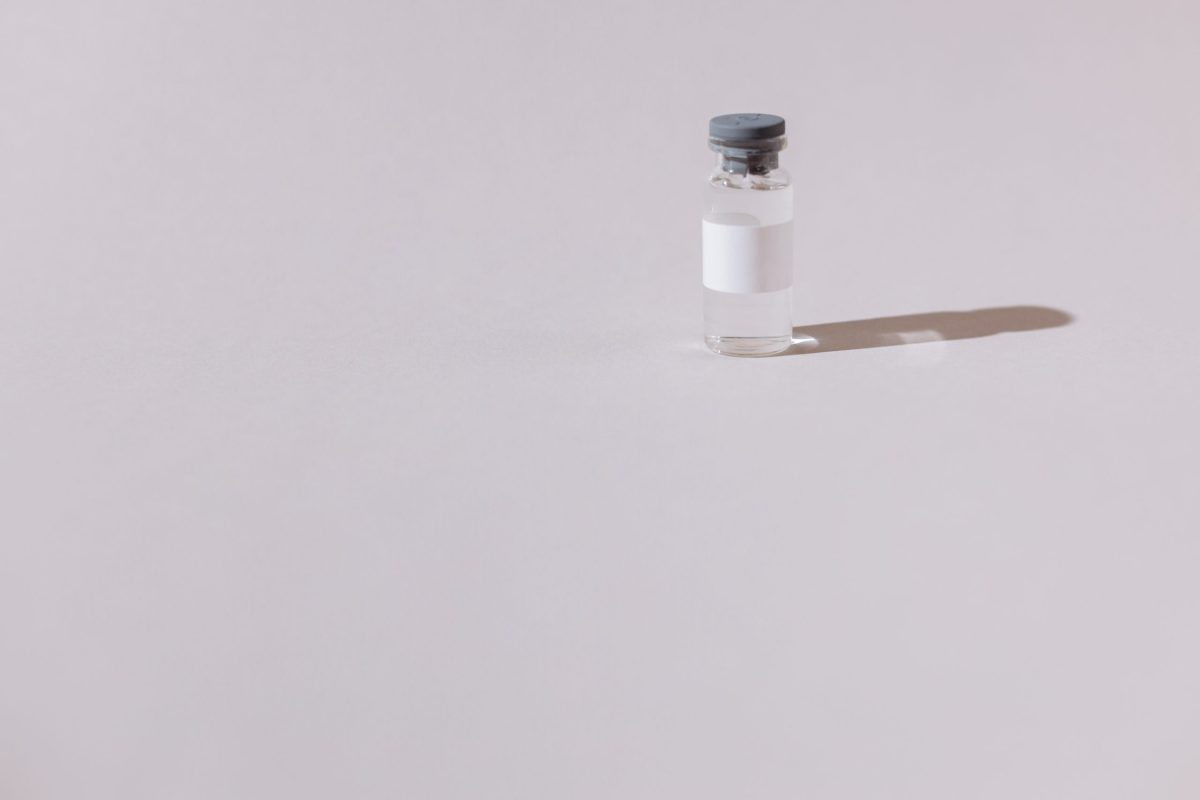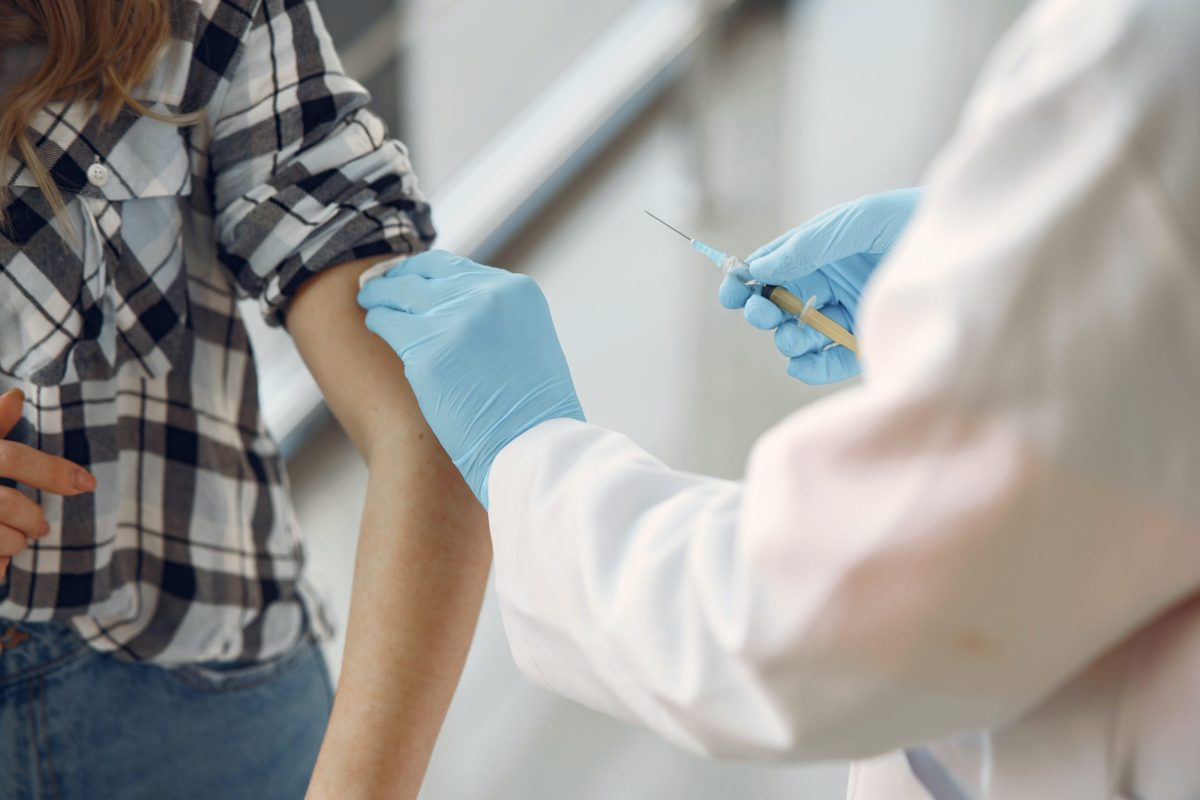With little improvements to the pandemic over the summer, universities were faced with the challenging decision of whether to reopen campuses or transfer to entirely remote instruction for the spring semester. Schools that did decide to open their doors still had to make drastic changes in order to protect their students.
The schools that did remain open, however, are still faced with the threat of closure as COVID-19 inevitably begins to infect the campus. But is it really safer to send students home as cases rise? Or are students safer remaining on campus? NJIT must take special precautions against making a rash decision and sending students home in case of an outbreak because of uncontrollable factors at home and for further risk of spreading the virus to students’ hometowns.
While a packed campus of college-aged students may sound like the perfect breeding ground for the virus, NJIT has implemented strict safety regulations and provided so many resources that it’s possible students may be safer on campus than off. The Dean of Students has implemented strict no-visitation rules, including dorm-to-dorm as well as off campus guests. Additionally, students are spaced apart in classrooms well beyond the recommended 6 feet for social distancing. Further, NJIT successfully utilizes mask policy indoors and out. These are a few, among many policies that create a safe, almost “bubble-like” environment not available in the outside world, providing safe resources such as seamless pick-up options with food providers on campus. However, protection off-campus is not always feasible for on-campus students that cannot control their home or family environments.
If a student does contract the virus, NJIT’s quarantine procedure is supervised and has proven effective in the past. The university provides immediate isolation and provides seamless contact tracing. Additionally, NJIT provides free testing resources in conjunction with both St. Michael’s and Bergen New Bridge Medical Center, which is not always as easily obtainable in home settings.
In the real world, many infected individuals, despite being advised otherwise, are not staying in isolation. Further, off-campus, most people only get tested after showing symptoms or coming into contact with an infected individual, and therefore could be spreading the virus while asymptomatic. NJIT however has been successfully utilizing wastewater testing, meaning if anyone that has used a campus dormitory is infected, even if completely asymptomatic, the University can immediately be made aware and can act accordingly, stopping an outbreak before it begins.
Should an outbreak occur, would sending students home still the best option? Dr. Anthony Fauci, the nation’s leading infectious disease expert, says no. In fact, he has strongly urged all schools that are currently open to avoid sending all students home as a method of containing an outbreak, claiming that would be “the worst thing you could do.” In the situation that cases do begin to rise, he suggests that classes still be moved online for student safety but that residents remain quarantined in their dorms until the threat is reduced.
Students’ safety should be the University’s top priority; however, public and national safety is also a greater obligation. What would happen if hundreds if not thousands of students exposed to the virus (with an infection rate enough to shut down an entire campus) are all sent back to their homes? Instead of being isolated to their campus, they are now exposing their neighborhoods and everyone they might now come in contact with. No student wants to be responsible for exposing at-risk family members or be the new patient zero for an outbreak in a previously recovering neighborhood. With universities possessing the resources to isolate anyone exposed, it is vital students remain on campus until any risk that would have sent them packing in the first place is neutralized.
It has long been known that COVID-19 is a dangerous disease because of its unique ability as a respiratory virus to transmit asymptomatically. The university’s dilemma could not be answered more simply: sending young, healthy, but asymptomatic carriers to their respective homes across the country where their more susceptible loved ones await them sounds like an alarmingly poor and hasty course of action.































